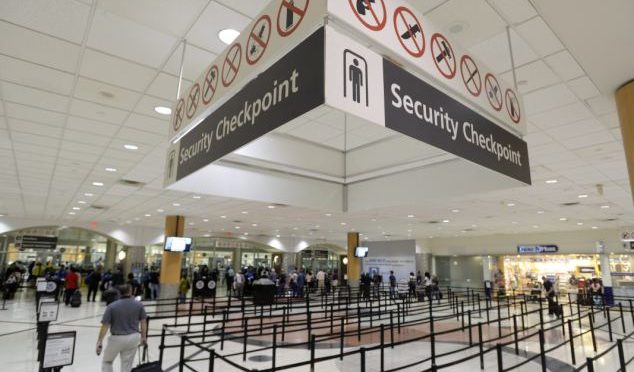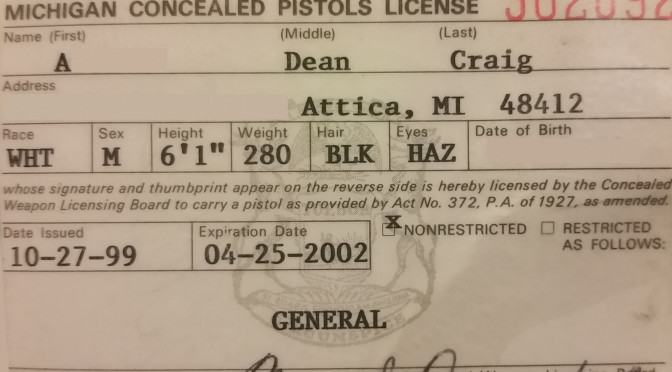Reliability (the gun’s ability to function correctly 100% of the time) is the #1 criteria in selecting a defensive firearm.
Most people think that means things like;
- It has a good warranty.
- It looks cool!
- My friend says his works for him.
- The gun store says people really like this model.
- I’ve heard of that brand.
But…
- A “lifetime warranty” won’t do you any good if you are dead.
- There’s a pretty good chance the gun store salesman is making a better commission on some guns.
- How much professional training has your friend had with that gun? (And no, I’m not talking about how many rounds he’s fired target practicing!)
Guns are machines, and machines have a tendency to malfunction … or break. Generally, the more complex the machine (external safeties, magazine disconnects, sear deactivation levers, chamber indicators, ambidextrous controls, etc…), the more there is to go wrong.
Anyone who has spent even a little bit of time on a range has had or at least seen a firearm malfunction. If you read news coverage and police reports, you will find countless examples where a shooter has had a malfunction.
A gun can malfunction for a myriad of reasons:
- Ammunition malfunction. There are cases in which the bullet itself doesn’t fire, be it because of a bad primer or that it wasn’t manufactured correctly.
- Mechanical Malfunction. The gun may jam because it was not properly maintained or because a piece of it was damaged (springs, levers, guide rod, take your pick), dirty, or worn out.
- Shooter Error. Guns often malfunction due to how the shooter is operating the gun. Something as simple as arm position or grip strength can lead to a malfunction in a lot of guns. Touching one of those ambidextrous controls that you might need someday.
- Outside Interference. Guns are generally built to operate without outside interference. That is, that the base of the weapon stays stationary and all the moving parts can move freely around it. Being able to stop the slide of a handgun from moving takes very little pressure at all. Stopping a bullet from properly ejecting is even easier.
When we take all of this into account, we learn that some guns are much more reliable in real-life situations, where we need them most, and where their abilities are truly tested.
This is why we recommend the guns we recommend.




